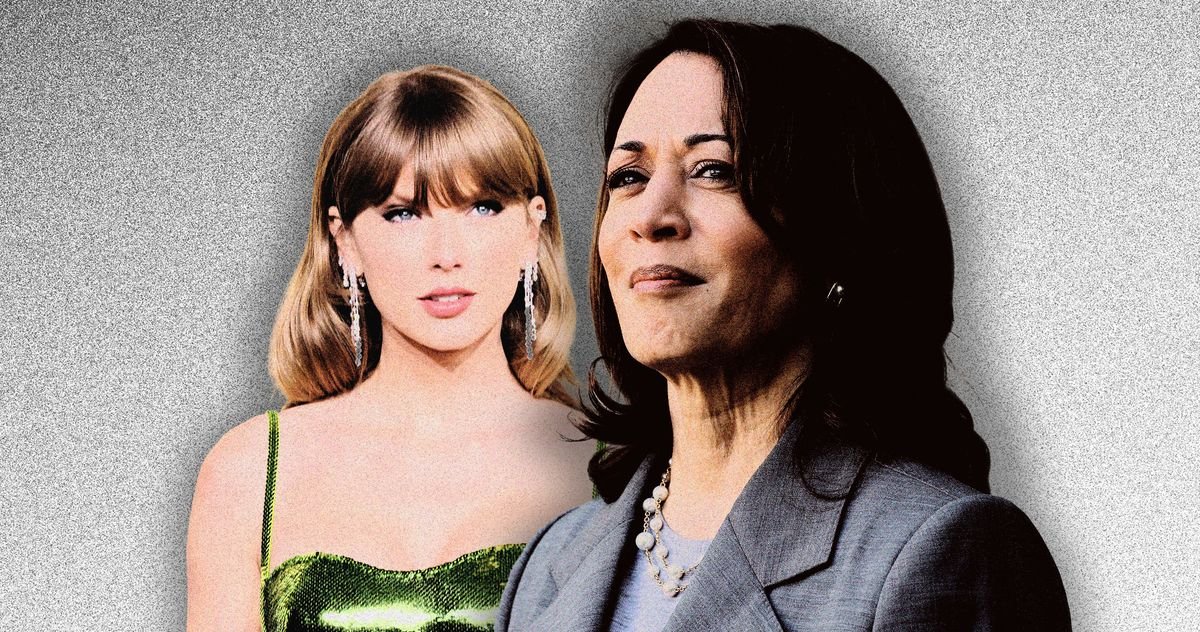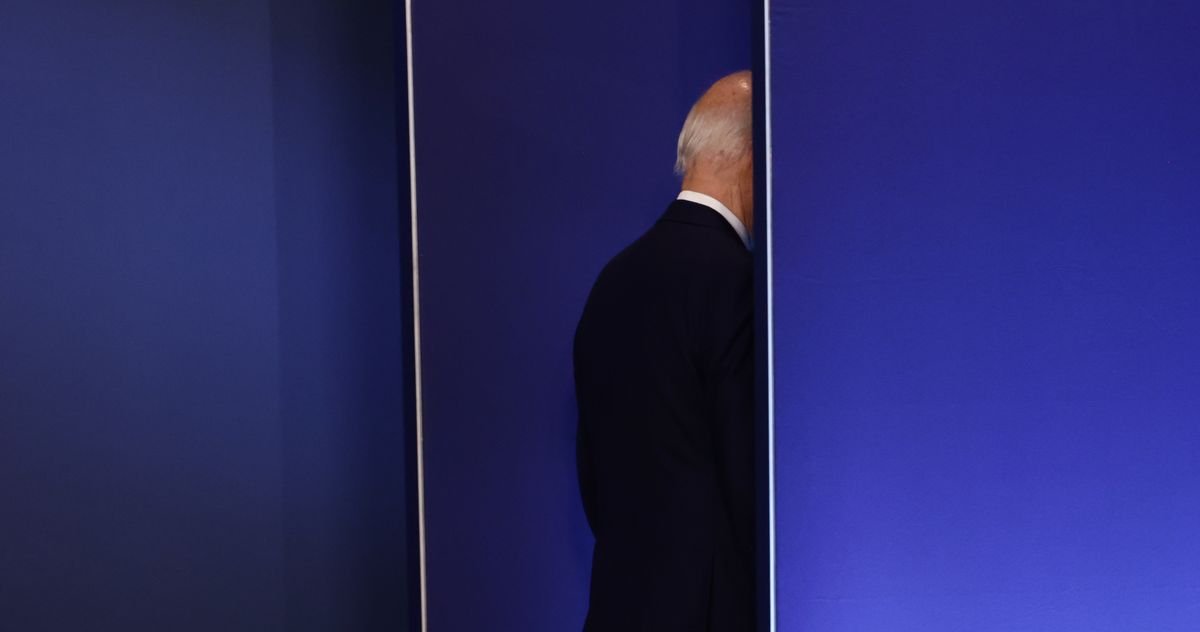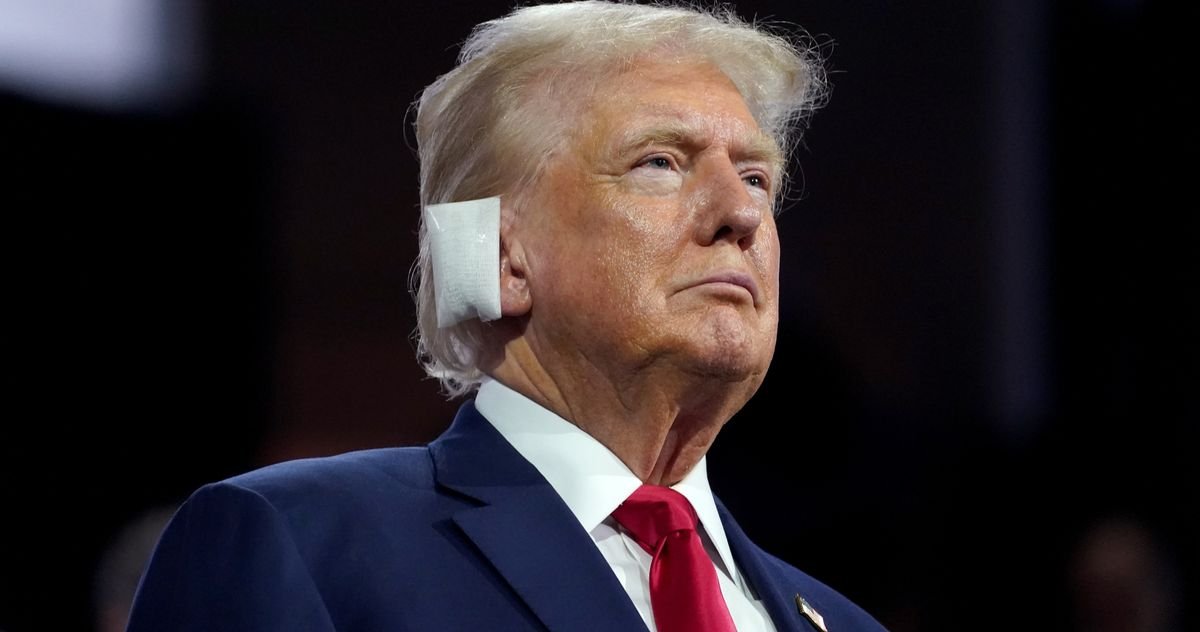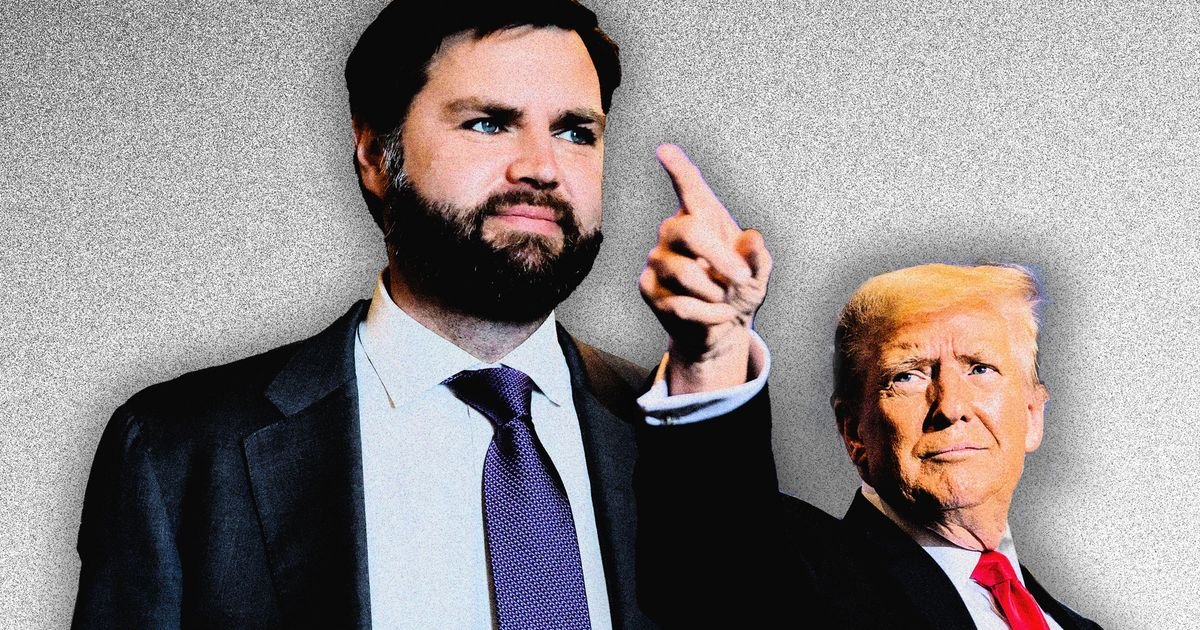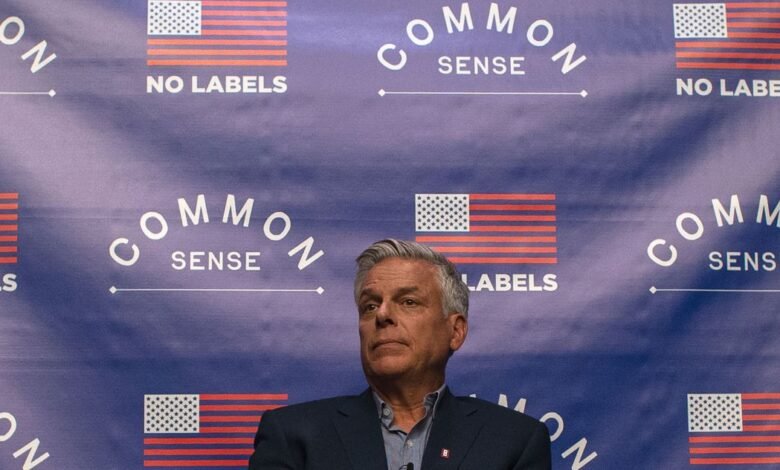
Why Does No One Trust the No Labels Party?
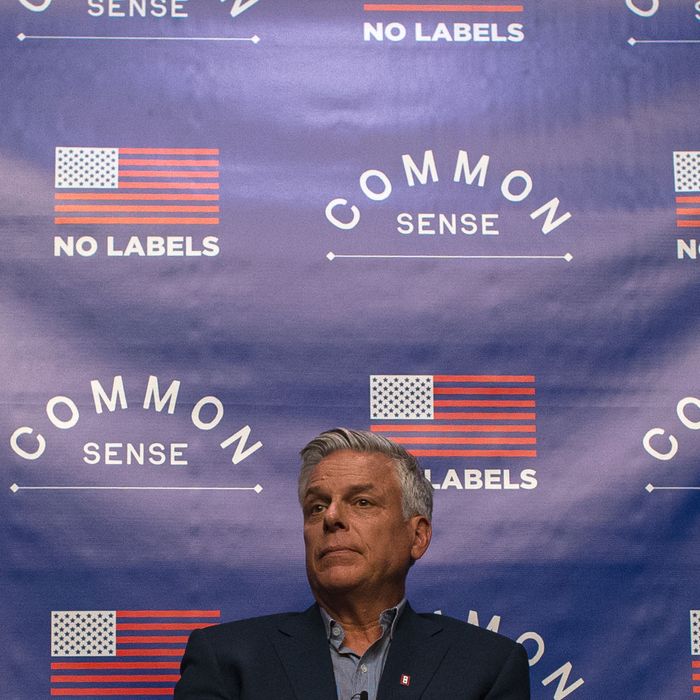
James Carville has called No Labels “fucking bullshit.” Nancy Pelosi has said that what it is doing is “perilous to our democracy” and going to “jeopardize the election of Joe Biden.” Robert Reich, the former Clinton labor secretary, calls it a “dark money front group for Donald Trump.”
“Well, we disagree,” Ryan Clancy, the chief strategist of the group, told me over Zoom from his office at WeWork in Brooklyn Heights. “The idea that we, like, actually want to get Trump elected is a joke,” he said, citing the four months he worked at the Democratic National Committee, where he served as a speechwriter for Biden, and the two years he spent in the communications office of the Commerce Department under President Obama. “I came up in Democratic politics. Nobody here wants to see Trump back in the White House, so let’s just put that nonsense aside.”
For the better part of the past two years, Democrats have viewed No Labels with abject terror because of the group’s plan to put a “unity ticket” for president on the ballot in all 50 states next year, featuring an anti-Trump Republican for president and a moderate Democrat for vice-president. Among the Republican names floated are Larry Hogan, the former governor of Maryland, and Jon Huntsman, who was the governor of Utah before he served as Obama’s ambassador to China. The Democratic name that comes up most is Senator Joe Manchin, who will not run for reelection in West Virginia. The specific fear among Democrats and their allies is that Trump can only win, as he did in 2016, if third-party candidates eat into Biden’s support.
“For Joe Biden to win, we are going to need a lot of people who are reluctant Joe Biden voters to vote for him,” says Matt Bennett, the co-founder of Third Way, which despite sharing a proclivity for No Labels’ centrist inclinations has emerged as its chief antagonist. “I believe them when they say they don’t want to elect Trump. I think if you gave them a lie-detector test, they would pass. I don’t question their motives; I question their logic. If they go forward with this, the overwhelming evidence in the form of data, history, and expert opinion is that they are going to elect Donald Trump as president. No doubt. No question. They are just being incredibly stubborn and obtuse.”
Bennett is alone on this point. Most other critics see a far more cynical play in the work, one in which the founders of No Labels have allowed themselves, either wittingly or unwittingly, to be part of a secret Republican plot to take out Biden, one in which they seem almost willfully blind to the consequences of.
“This is a group that deserves no grace or space. Their bad faith is entirely evident,” says Rick Wilson, a former Republican strategist now with the Lincoln Project. “They know exactly the damage this is going to do. This is nothing more than a revenge psychodrama for people who have been snubbed by the Clintons, the Obamas, and now the Bidens.”
For No Labels’ leaders, this entire hue and cry comes down to simple politics: They are the upstarts, and the Democratic Party is the behemoth corporation trying to squash them.
“They have a territorial anger that we are cutting into their territory,” says Joe Lieberman, the former Democratic senator from Connecticut who was drummed out of the party after he endorsed John McCain for president over Obama in 2008. “All I can say to those crying out against us is just trust us.”
Lieberman referred to the two parties that have dominated American politics for most of the past two centuries as a “duopoly.” It is the same phrase that Ralph Nader used to describe the two-party system in 2000, the year he ran for president and took enough votes in Florida to deny Al Gore — and his running mate, Lieberman — the White House.
No Labels says that unlike that run, or Jill Stein’s in 2016, theirs won’t be an effort to pick away at the Democratic coalition from the left, but instead an attempt to rewire American politics by running up the center, pulling in voters from both parties.
“This contention we are hearing, that it is an iron law of the universe that a No Labels ticket would hurt Biden, it’s just not true,” Clancy said, citing polling it had done that showed 59 percent of voters said they were “open” to supporting an unnamed moderate, independent candidate over Trump or Biden, and that in seven out of the eight swing states where the election would be decided, Trump did worse if there was another Republican running third party on the ballot.
But unnamed moderates don’t run for president. Real people with real histories, profiles, and policy priorities do. Hogan, for instance, vetoed a bill the Maryland legislature passed to expand abortion access and cut funding for education. Huntsman had supported Trump in 2016 and has been a hawk on Ukraine. Both either ran or flirted with running for president as Republicans but found that the party wasn’t interested in what they were selling. “I am sorry, but you can’t just poll Joe Biden and Donald Trump against the Mr. Wonderful the Magical Unicorn Candidate Who Is Going to Get Everybody to Love One Another and Solve All Problems and expect an honest result,” says Wilson.
No Labels was founded in 2010 by Clancy and Nancy Jacobson, the Clinton-world Democratic fundraiser who said that a seminal moment for them was that year’s passage of the Affordable Care Act. “Obamacare was the first time we had seen a major social program pass with just one party’s votes,” says Jacobson, sitting in front of a Zoom background of Washington crossing the Delaware with the words “Be Brave. No Labels” splashed across it. The party-line Obamacare vote, she said, led to the passage of the Trump tax cuts on a similar single-party basis, which then led to the same for the Inflation Reduction Act under Biden. “That’s not sustainable change,” she adds.
The group’s idea was to provide support for moderate politicians who weren’t catering to the fringes of their party in order to win primaries. No Labels subsequently helped found the Problem Solver’s Caucus, a bipartisan group of congressional lawmakers that pushed their own moderate agenda on Capitol Hill. Meanwhile, the group raised millions of dollars from donors that it has declined to disclose, although recent reporting has revealed that much of it comes from people who have given lavishly to Republicans in the past, including from Harlan Crow, the billionaire patron of Justice Clarence Thomas.
After the 2020 election, No Labels looked at getting involved in presidential politics, initially for what it said was “insurance.” What it was insurance for, exactly, it didn’t say, even as Democrats prepared to renominate an octogenarian old incumbent and his running mate who was then stumbling. By this logic, the No Labels candidate would be essentially another Democrat on the ballot in case the Democratic ticket faltered (never mind that the No Labels candidate would have been a Republican until very recently).
But the idea has morphed a bit, and No Labels talks less about running a candidate as “insurance” and more because the parties have become too extreme, so they need to offer the public someone who slots dead center into the middle. In a 67-page policy document put out over the summer, No Labels called for tougher border security measures and comprehensive immigration reform, a push for more domestic energy production and a focus on new clean-energy technologies, common-sense gun reform, more policing, more housing, and strengthening alliances abroad.
If that agenda sounds familiar, it’s because it is also the one that belongs to Biden. He has explicitly called for more funding of the police, has been as wobbly on abortion as any Democrat could, and is an institutionalist who has spoken fondly of working across the aisle in his long political career.
“If No Labels could whiteboard their perfect presidential candidate, it would be Joe Biden,” says Bennett of Third Way. “He has passed more bipartisan legislation than any president in years, restored faith in our government and institutions, has led the world with skill and grace — what more do they want?”
When groups like No Labels have sprung up in the past, it was usually as a hedge in case the two major parties nominated someone from the fringes. In 2020, Biden was the center-left candidate in the Democratic primary field, the one who resisted the orthodoxies of the rising progressive left and one who spoke warmly of Republicans he has worked with in the past. That fall, he was endorsed by multiple Republicans: John Kasich, Carly Fiorina, Colin Powell, Cindy McCain, Michigan governor Rick Snyder, nearly 40 former Republican members of the House and Senate, and more than 100 former staffers for the presidential campaigns of Mitt Romney, John McCain, and George W. Bush.
But that the group is looking to run someone against Biden next year shows how it hasn’t resolved the tensions between providing insurance in case the Democrat ticket falters, and a genuine belief that the Democrats have become as extreme as the Republicans. Lieberman told me, for example, that if the Democrats nominated someone younger, like, say, Cory Booker, that No Labels might not even go through with its plans to run someone next year. But Booker is several degrees to the left of Biden, so how would that work exactly?
“Your question is good,” Lieberman says, pausing for a moment. “I would say I guess we would have to take a fresh look at it.”
The problem No Labels is left with, then, isn’t that Biden is an extremist, but that he is unpopular, and rather than work to make him more popular, it wants to create a hedge against him losing, never mind that the hedge may be the reason he loses.
“People are going to have to start to reckon with the fact that the biggest risk to a Donald Trump presidency might be Joe Biden’s candidacy,” Clancy said. “I don’t want to minimize for a second the concerns about Trump and everything that he means for democracy, and yet it’s so obvious that Americans know exactly who Trump is. Nobody’s confused about what he’s for. And yet, today, he is beating Biden in a head-to-head match. And what that tells me is, you’re going to have to give the public something better than ‘Vote for us or our democracy is gone forever.’ Because you’ve been saying that since the beginning of Trump’s presidency, frankly, and it’s not registering with enough people.”
Although Clancy and other leaders of No Labels say they don’t want to minimize the concerns about a Trump restoration, they often do. “A lot of the extremism on the Republican side has to do with blowing through democratic norms, and election denial, and all of that, sure,” Clancy said. “But look at some of the positions that Democrats have embraced on crime and immigration and some other issues that do not represent anywhere close to where the midpoint of the American public is.”
But, of course, Biden has made a point of rejecting the outermost wings of his party, while Trump has embraced them.
“If you ask me, my opinion, subjectively, who I think is more extreme, to me, it’s an easy answer,” Clancy responded. “But ultimately, this isn’t about what I think, it’s about what voters think, and voters, for any number of reasons, do seem to think that thus far President Biden has been, maybe if not too extreme, at least too solicitous of that part of his party.”
As for the fear voiced by many Democrats, who say that if Trump wins the next election it will be the last election the country holds, Lieberman is dismissive. “This is such a strong country and our laws are so strong,” he says. “Trump lost 60 cases and he had to accept the final judgment of the courts. Well, he didn’t accept it, but Congress came back from recess and got it done.”
Still, No Labels says it will pull its ballot line if polls show its ticket will help deny Biden a second term. But numbers have a way of saying what you want them to say, and polls in the summer could just as easily show a No Labels ticket winning outright, which would lead the group to continue the effort. Should the political winds change later in 2024, it may be too late to do anything about it, and Biden would go into the election facing not just Trump but another ticket aiming for the centrists who are a key part of his coalition.
There remains a belief among Democrats close to Biden that No Labels has not entirely thought through what it’s doing, that perhaps Jacobson and her cohort will in the end call the whole thing off.
“I get the anxiety; we have anxiety too,” says Jacobson. “I mean, all of us have anxiety. That’s why there will be a contingency plan. I will just say, this is a judicious group of leaders, okay? We are not reckless.”

